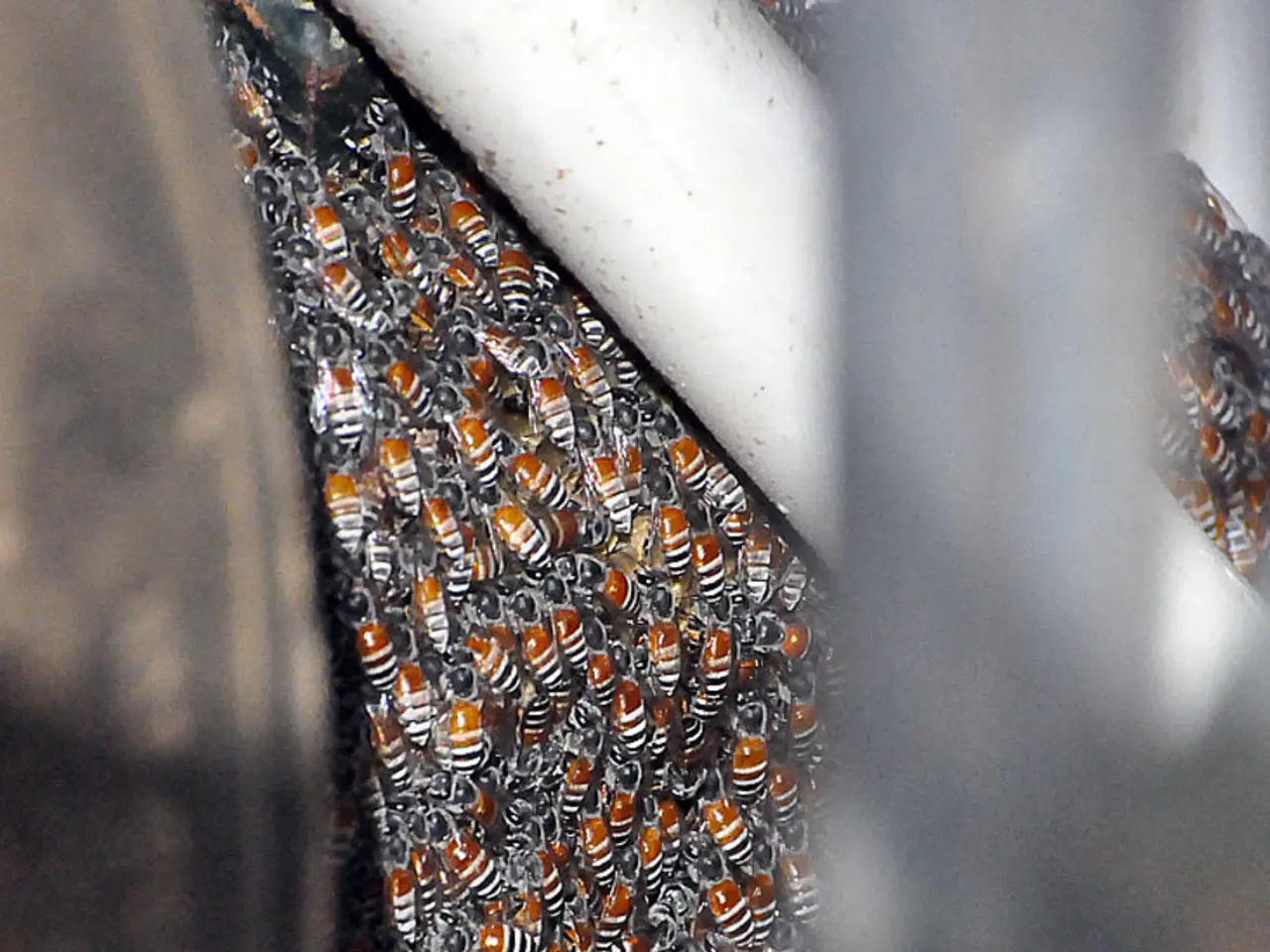Molluscum Contagiosum: Symptoms, Origins, and Remedies
Molluscum contagiosum is a viral skin infection that is caused by a poxvirus, specifically the Molluscum contagiosum virus. It is a condition that commonly affects children but can occur in adults as well, especially in the genital area through sexual contact.
### Symptoms
The infection presents as small, firm, pearl-like bumps on the skin, typically measuring between 2–5 mm in diameter. These bumps have a central dimple or indentation and are usually pink, red, or flesh-colored. While they are generally painless, they may itch. In children, bumps typically appear on the face, neck, chest, arms, or legs, while in adults, lesions often occur genitally.
### Causes
Molluscum contagiosum is primarily transmitted through direct skin-to-skin contact with an infected person or contact with contaminated objects like towels, clothing, or toys. Sexual contact is a common transmission route in adults. Picking or scratching lesions can also spread the virus to other body parts. Risk factors include being a child (most common in ages 1–10), immunocompromised states, eczema, tropical climates, and participation in contact sports or swimming.
### Prevention
To prevent the spread of molluscum contagiosum, it is recommended to avoid direct skin contact with infected individuals, do not share personal items such as towels, clothing, or toys, practice good hand hygiene, and avoid picking or scratching lesions. When sexually active, using condoms may reduce the risk of genital transmission but does not guarantee prevention. It is also advisable to avoid shared baths or swimming pools when infected lesions are present.
### Treatment and Resolution
Most cases of molluscum contagiosum resolve spontaneously within 6 to 18 months without scarring or long-term effects. Treatments, when desired, are mostly to reduce transmission or for cosmetic reasons and include topical therapies or physical removal methods such as cryotherapy or curettage, especially in cases with persistent or extensive lesions.
In cases where dermatitis or eczema develops around the papules, a hydrocortisone cream, an ointment to relieve itching, or a prescription topical steroid may be recommended. Medical treatment for molluscum contagiosum may be advised for individuals with large lesions on the face or neck, an existing skin condition, or concerns about spreading the virus.
It is essential to note that complications such as eczema, bacterial infection, and scarring are more likely to affect people with a weakened immune system. In addition, eye complications, such as conjunctivitis or keratitis, can occur if MCV is around the eyes and will be referred to an eye specialist.
In summary, molluscum contagiosum is a painless, dimpled, viral skin infection that is primarily spread through direct contact. By understanding the symptoms, causes, prevention methods, and potential treatments, individuals can take steps to protect themselves and others from this common infection.
Ulcerative colitis and HIV are medical-conditions that can weaken the immune system, increasing the risk of complications from Molluscum contagiosum, such as eczema, bacterial infection, and scarring.
Psoriasis and atopic dermatitis are among other skin-conditions that may coexist with Molluscum contagiosum. Dry skin may exacerbate the itching associated with Molluscum contagiosum bumps.
Predictive science can help determine the length of time Molluscum contagiosum may persist, with some cases resolving spontaneously within 6 to 18 months, while others requiring medical treatment.
Type 1 diabetes and depression are not known to be directly related to Molluscum contagiosum, but maintaining overall health-and-wellness is essential for a strong immune system and potential prevention or treatment of skin-care conditions like Molluscum contagiosum.
Macular degeneration is an age-related eye condition that is not linked to Molluscum contagiosum. Nonetheless, any changes in vision should be addressed with a medical professional, especially when Molluscum contagiosum lesions are in the eye area.
AQ is not a recognized term in the context of Molluscum contagiosum or its symptoms, causes, or treatment. In summary, Molluscum contagiosum is a common skin infection caused by the Molluscum contagiosum virus, best managed through understanding its symptoms, causes, prevention methods, and potential treatments.




